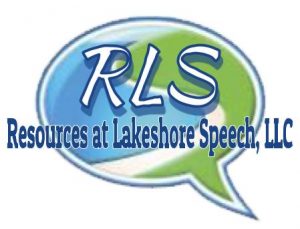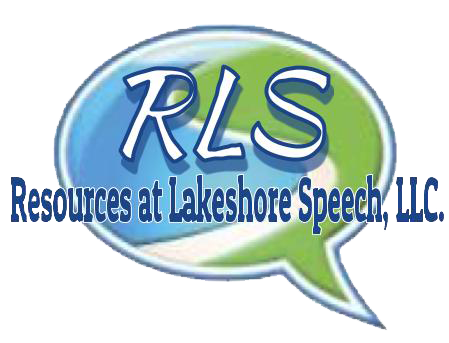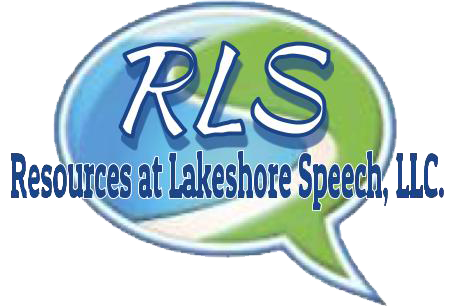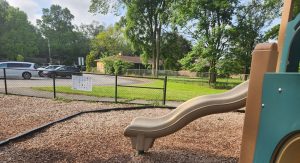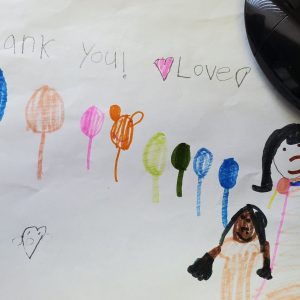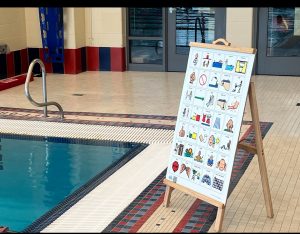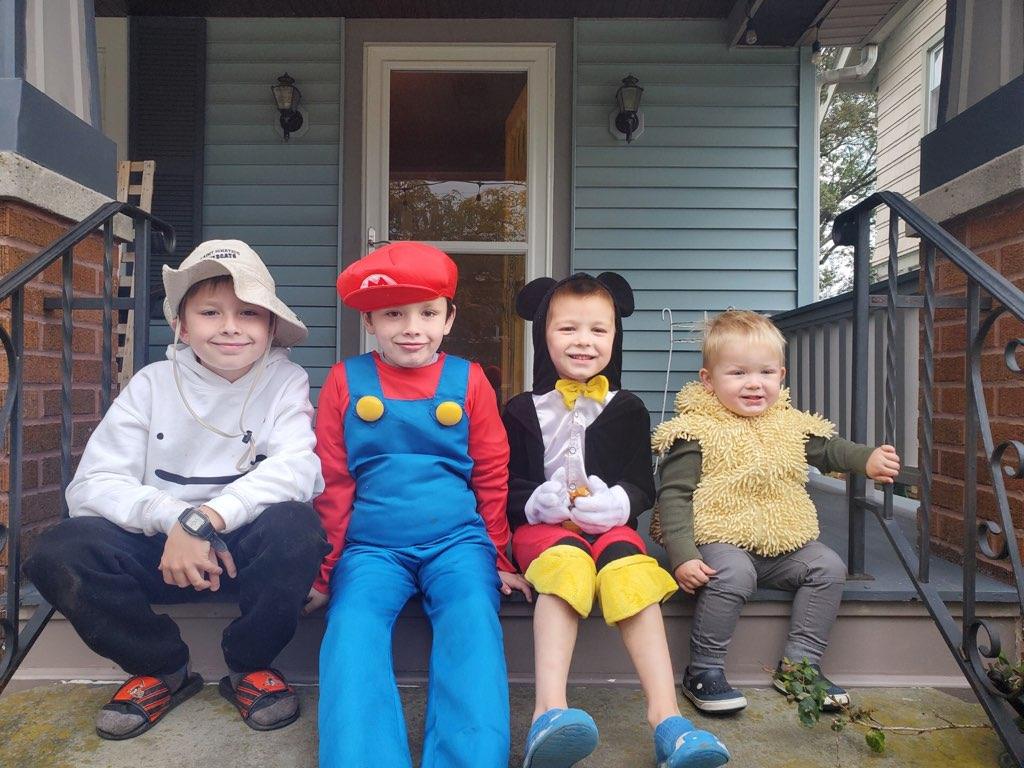
Speech therapists know that successful therapy often relies on more than what happens in the therapy session. The support and involvement of family members, especially siblings, can significantly impact a child’s progress.Let’s celebrate the invaluable role siblings play in the journey of speech therapy and how their involvement can lead to successful carryover of skills.
Built-in Practice Partners
Siblings provide a natural and consistent opportunity for children to practice their speech and language skills. Whether playing, reading, or engaging in everyday conversations, siblings offer a safe space for practicing new sounds, words, and sentences learned in therapy.
Motivational Allies
Additionally, siblings can be powerful motivators. They can cheer on their brother or sister, celebrate their achievements, and provide encouragement during difficult moments. This positive reinforcement can boost the child’s confidence and willingness to participate in therapy and practice at home.
Language Models
By the same token, children often learn by imitating those around them, and siblings serve as natural language models. They demonstrate proper speech sounds, sentence structures, and communication styles, which can be particularly beneficial for children with speech and language delays.
Real-life Communication Partners
Unlike adults, siblings are more likely to engage in spontaneous and unstructured interactions with the child. This type of communication mirrors real-life scenarios, helping the child generalize their skills beyond the therapy setting and into everyday situations.
Emotional Support
Also, siblings provide emotional support, understanding, and companionship, which are crucial for a child’s overall development. A strong sibling bond can create a sense of security and comfort, making the learning process in speech therapy more enjoyable and effective.
Shared Experiences
Likewise, siblings often share experiences, such as family events, outings, and daily routines. These shared experiences create opportunities for practicing communication skills in different contexts, enhancing the child’s ability to communicate effectively in various situations.
Increased Family Involvement
When siblings are actively involved in speech therapy, it often leads to increased family involvement as well. Parents and other family members may become more engaged in the therapy process, leading to a more supportive home environment for the child’s speech and language development.
In conclusion, siblings are indeed authentic heroes in the world of speech therapy. Their presence, support, and involvement can make a significant difference in a child’s progress and the successful carryover of skills learned in therapy. Celebrate their role; encourage and empower siblings to be active participants in their brother or sister’s speech therapy journey.
